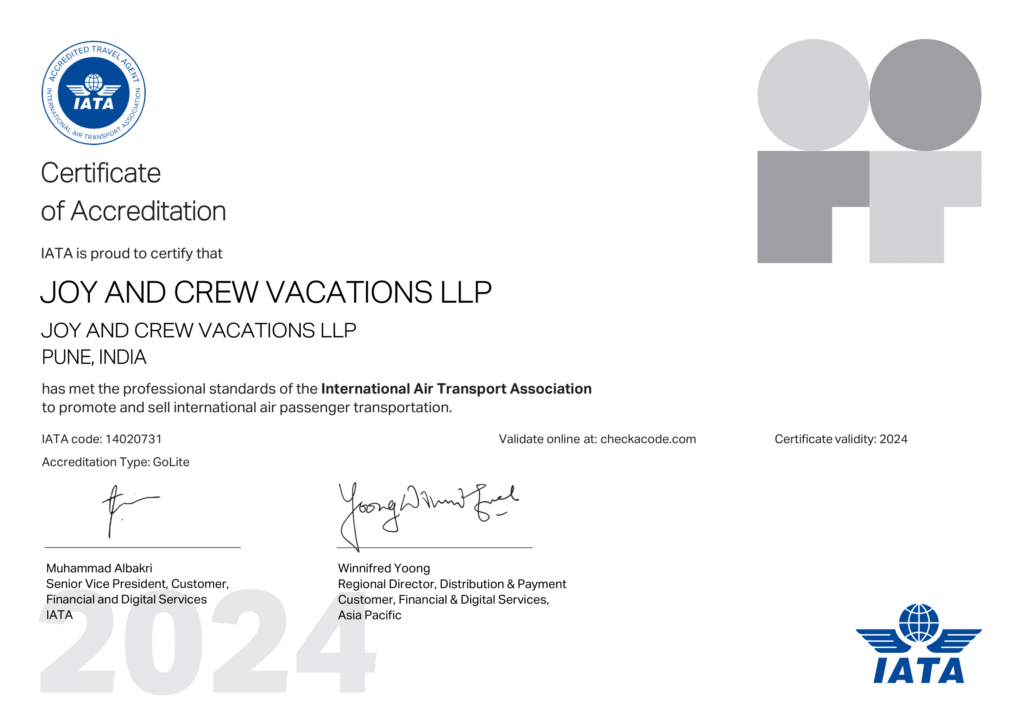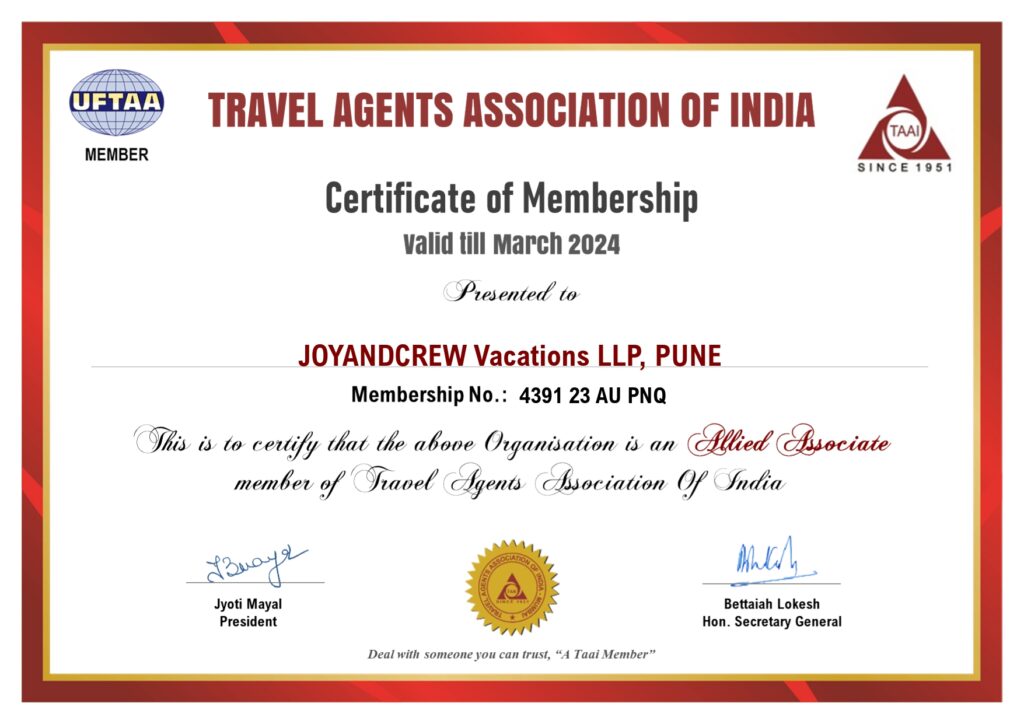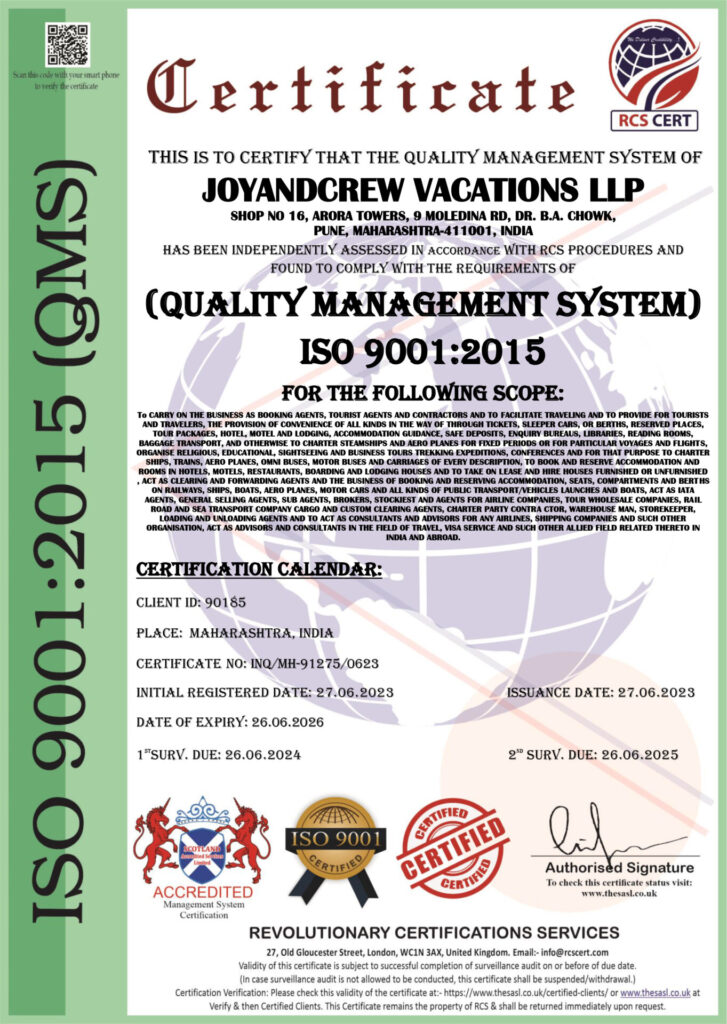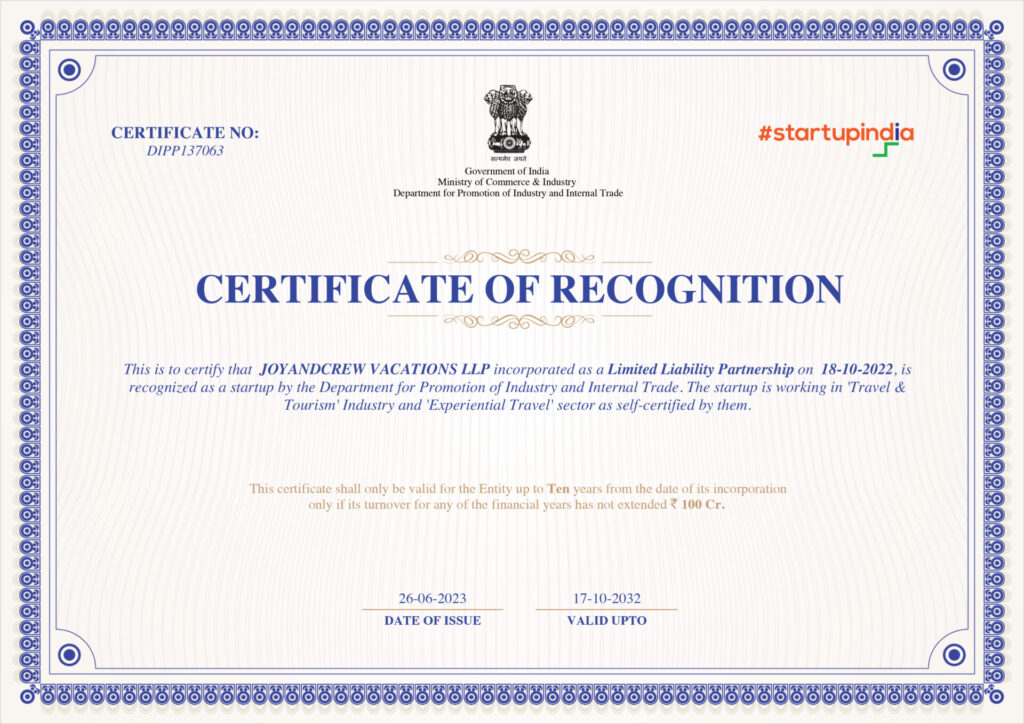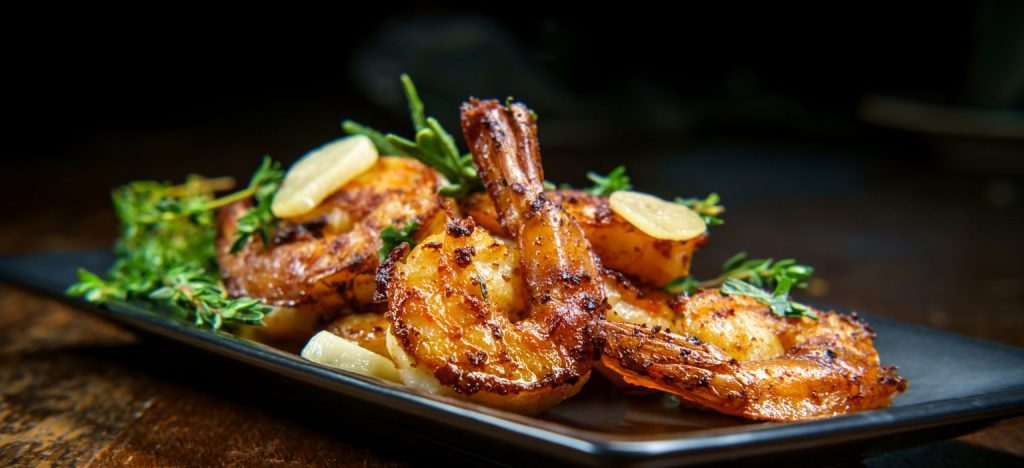
Portugal’s food scene blends centuries of tradition with fresh, modern twists. Every region boasts its specialities. From hearty stews in Alentejo to coastal treats along the Atlantic. Whether savouring a humble snack in a Lisbon market stall or enjoying a multi‑course feast at a Michelin‑starred table, travellers will find endless delights. With friendly locals eager to share their heritage, Portuguese food offers an authentic taste of culture and history. For anyone planning Portugal travel and looking to explore genuine flavour, this small nation delivers big on taste.
A Culinary Culture Rooted in History
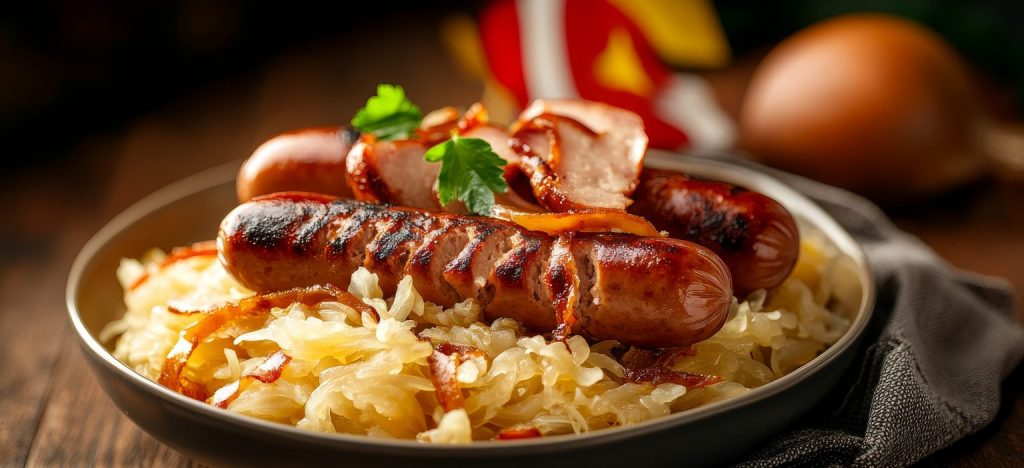
Portuguese cuisine carries the marks of Moors, Romans and seafarers who once traded spices and ingredients along lengthy shipping routes. Meals were made slowly, with local farmers and fishermen supplying fresh produce and fish. In villages, families still gather to prepare dishes by hand, sharing recipes passed down through generations. This strong sense of community shines through at every table. Emphasis on nose‑to‑tail cooking and using every part of an ingredient makes Portuguese traditional food both sustainable and deeply satisfying.
Must‑Try Traditional Dishes in Portugal
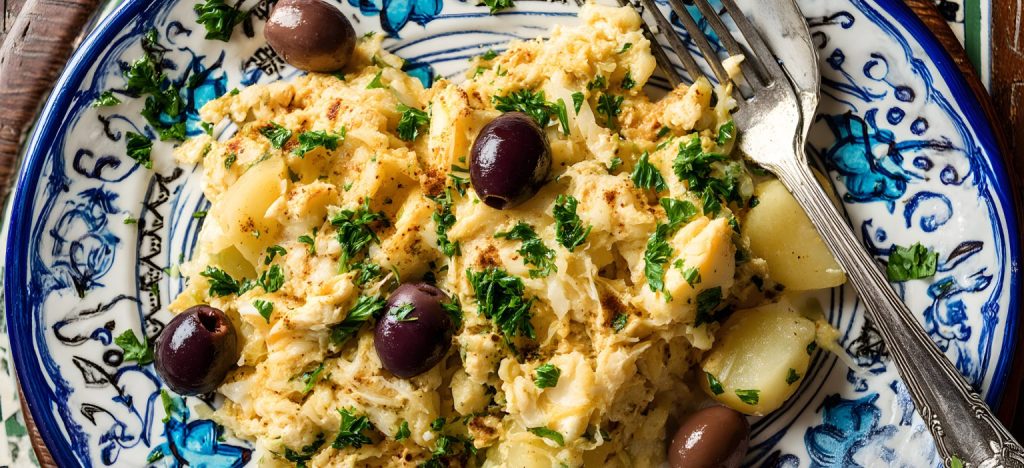
No visit is complete without sampling Bacalhau à Brás, a comforting mix of shredded salt cod, crispy potatoes and scrambled eggs. In the north, Caldo Verde combines kale, potatoes and olive oil in a warming soup perfect for cooler nights. Feijoada, a rich bean stew often flavoured with pork, tells of rural roots and simple, filling meals. These popular Portuguese dishes vary by region but share a focus on humble ingredients transformed with care. Each bite of Portuguese meal reveals stories of place and time.
Portugal’s Coastal Bounty: Seafood Heaven
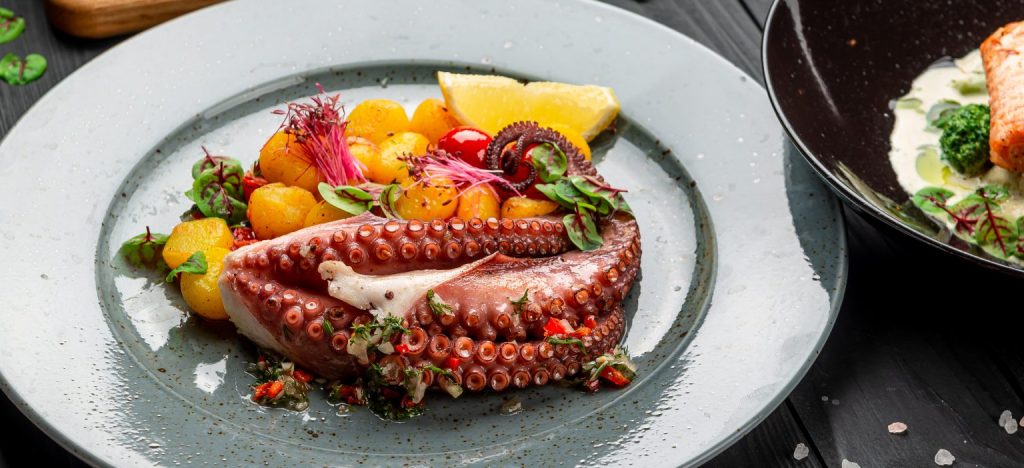
The Atlantic coast is a seafood lover’s dream. Grilled sardines sizzle over charcoal in Algarve beach shacks, while Octopus Salad drizzled with olive oil offers a light, zesty option. In the south, Cataplana pots steam clams, Prawns and Chouriço in tomato‑scented broth. Fish markets in Lisbon and Porto heave with early‑morning catches, inviting visitors to choose their own dinner. This close tie to the sea ensures that famous food in Portugal arrives fresh, simple and packed with natural flavour.
Pastéis de Nata and Portugal’s Love for Sweets
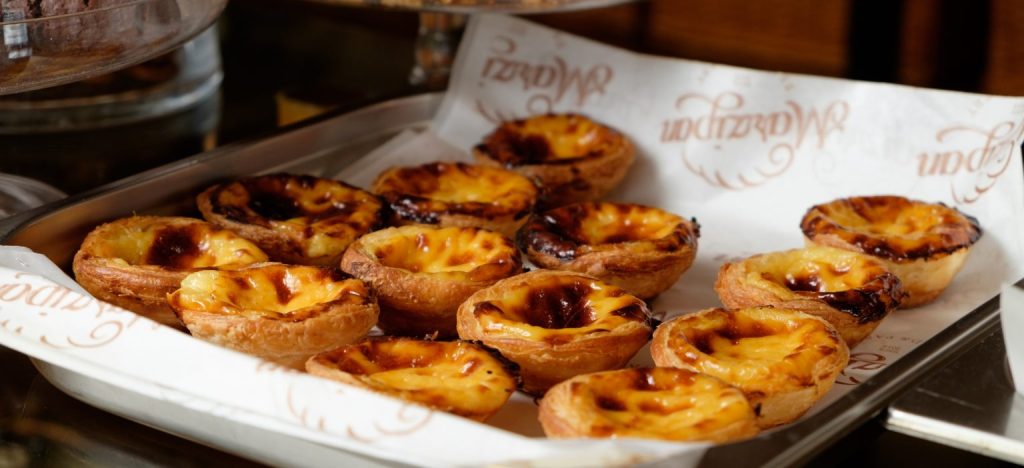
Portugal boasts some of Europe’s most enticing pastries. Pastéis De Nata originated in Belém centuries ago, their flaky shells cradling rich, custardy centres dusted with cinnamon. Queijadas from Sintra blend cheese and sugar into bite‑sized treats, while Travesseiros of Évora layer puff pastry with almond cream. Throughout the country, bakeries offer boxes of sweets at dawn, ensuring walkers fuel up before sightseeing. This dessert culture highlights Portugal’s flair for turning simple ingredients into pure, melt‑in‑your‑mouth pleasure.
Wine and Port: Liquid Gold of Portugal
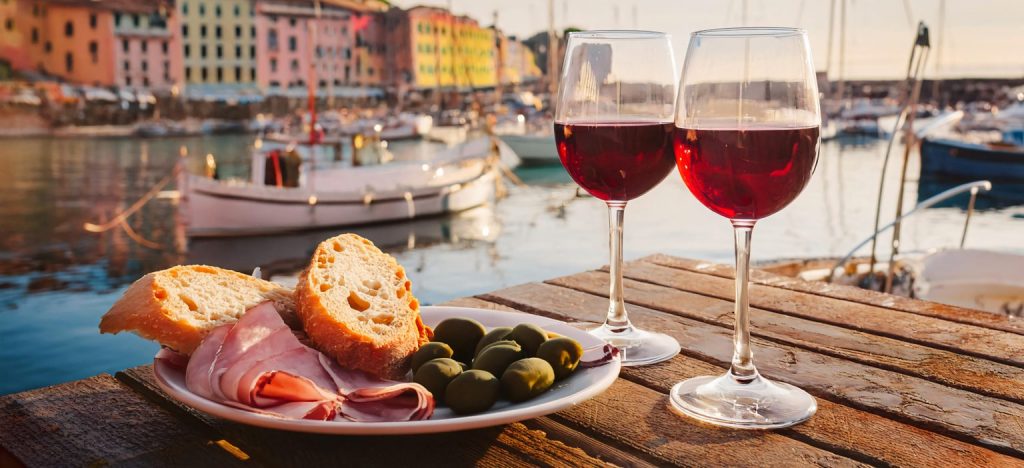
Portugal’s wines range from crisp Vinho Verde in the northwest to robust reds in the Alentejo plains. The Douro Valley is world‑famous for port wine, where terraced vineyards cling to steep slopes above the river. Visitors can follow winding roads to family‑run quintas for tastings of tawny, ruby and vintage port. Many offer stays in converted farmhouses, letting guests sleep among the vines. For anyone keen to sample Portuguese drinks, a tour of vineyards provides insight into centuries of wine‑making tradition.
Street Food and Local Markets Worth Exploring
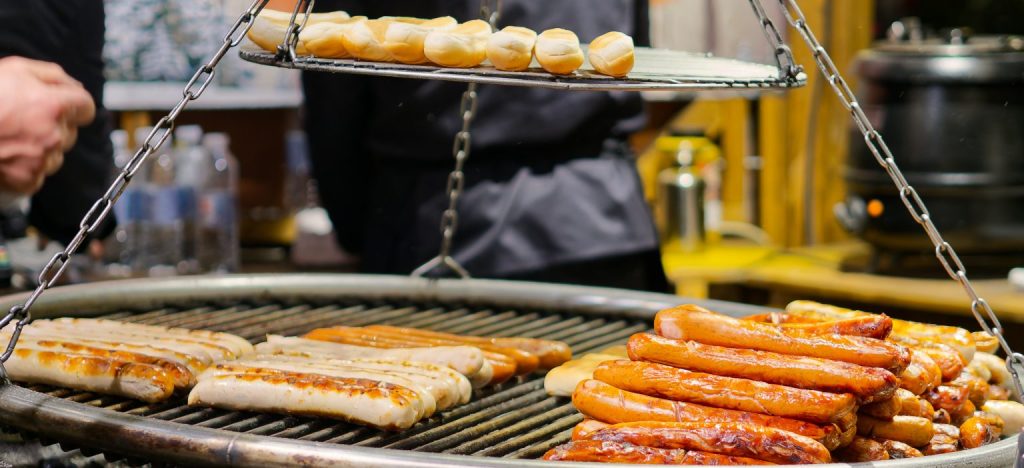
On busy streets, food stalls serve Bifanas, Pork marinated in garlic and wine, tucked into soft rolls and the Prego steak sandwich, often doused in mustard. Chouriço bread, with smoky sausage baked into dough, satisfies those on the go. In Lisbon’s Mercado da Ribeira and Porto’s Mercado do Bolhão, stalls overflow with cheese, olives and cured meats. These markets let budget travellers dive right into daily life, chatting with vendors and tasting samples of fresh produce. Street food here is simple, affordable and full of character.
Regional Foodie Hotspots Across Portugal
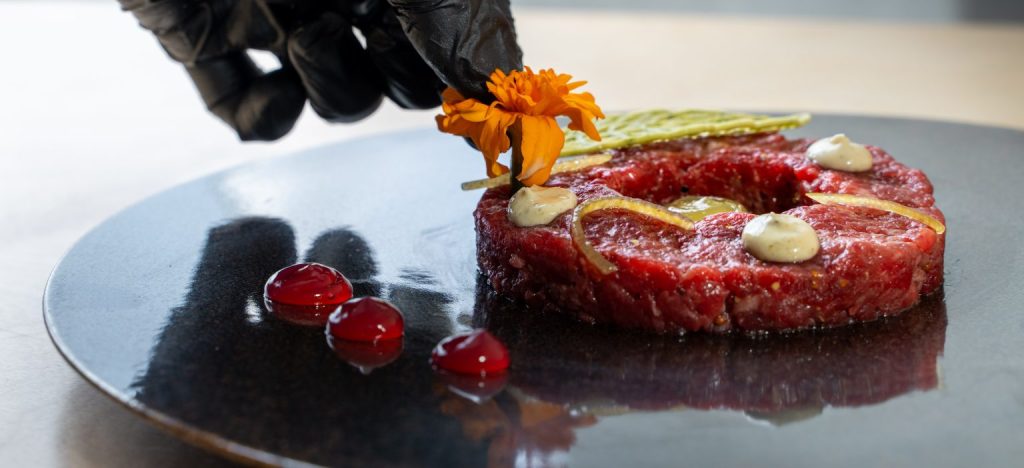
Lisbon dazzles with food tours that pair fado music and dinner alongside several Michelin‑starred kitchens reinventing classic flavours. In Porto, riverside cafés pour port into tiny glasses as visitors savour Francesinha, a hearty sandwich drenched in spicy sauce. Alentejo’s rolling hills offer farm‑to‑table meals centred on olive oil, wild garlic and black pork. Island life in Madeira and the Azores introduces tropical fruits, cheeses and unique fish stews. From north to south, Portugal cuisine showcases distinct tastes that are waiting to be discovered.
Final Thoughts
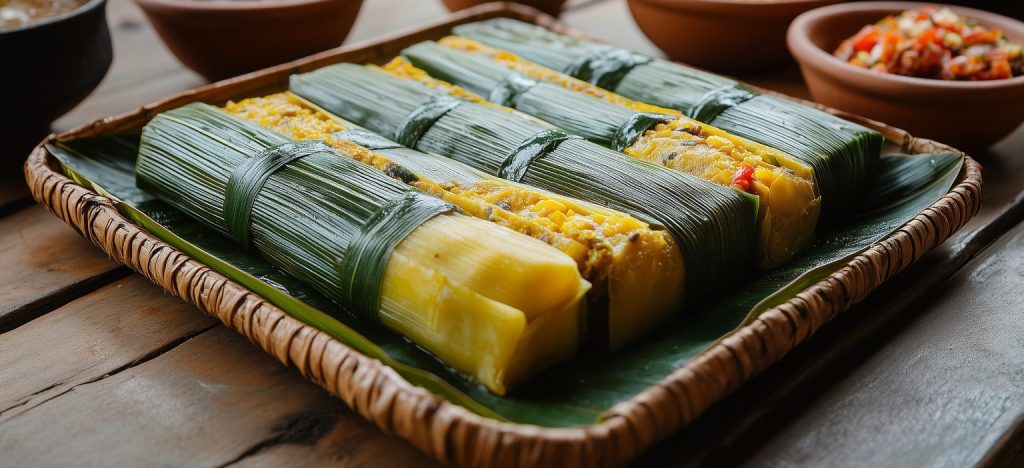
Portugal offers a complete culinary journey, weaving heritage and innovation into every dish. It is still more affordable than many other European spots and stays true to its roots at every step. Whether you enjoy street food or fine dining, the country’s friendly vibe and strong food culture make your visit special. For food lovers who want something classic yet new, Portugal is a must-visit place on any gourmet travel list.
FAQs
-
What’s the best time to visit Portugal for food lovers?
Spring (March to May) and autumn (September to October) are ideal when ingredients are at their peak. -
Are food tours worth it in Portugal?
Yes. Local guides introduce hidden gems and regional delicacies you might otherwise miss. -
Is Indian food popular in Portugal?
You can find Indian restaurants in major cities, but traditional flavours dominate. -
Are vegetarian or vegan options available?
Increasingly so, especially in urban areas and markets. -
What city in Portugal has the best food?
Many agree Lisbon leads for variety, but Porto and regional towns shine, too.







